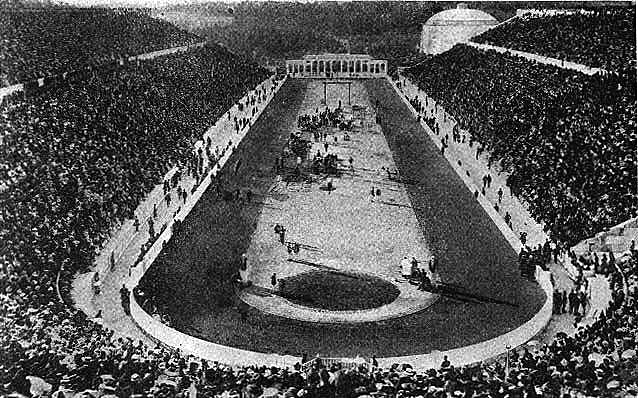Michael Johnson. Carl Lewis. Tyson Gay. These are the names we usually associate with USA track and field. All sprinters. One could argue that this is a fair assessment, especially if the number of Olympic medals won by Americans in events under 800 meters as compared to those over 800 meters is considered. At the 2012 games hosted in London, 16 of the 29 medals brought home by the track team were earned in sprinting events, whereas only two medals were earned on the distance side, the remaining 11 being earned in various field events.
That being said, hopes were not incredibly high for the distance runners in 2016. However, this thought was quick to change from spectators once Clayton Murphy and Emma Coburn earned bronze medals in the 800-meter run and 3000-meter steeplechase respectively on August 15, two of the earliest run events. Results became even more exciting as the games proceeded, with Matthew Centrowitz taking first place in the 1500, the first American to do so since 1908, and on the women’s side Jennifer Simpson produced a third place result in the same event, the first American woman to ever medal in the 1500. Additionally, Evan Jager (3,000-meter steeplechase) and Paul Chelimo (5,000-meter run) each managed to gain silver medals for their efforts.
By August 21 when Galen Rupp took bronze in the men’s Marathon, the American distance squad had recorded an astounding seven medals to their credit, more than they earned at the previous five Olympic Games combined. In doing so, the track team garnered record-high 32 medals at the Rio de Janeiro Games.
This newfound success is nearly unprecedented, and it is evocative of what is usually considered “the Golden age” of American distance running: the late 60s to early 80s. This time period is further idealized by the classic running icon Steve Prefontaine, whose competitive drive inspired many others around him; unfortunately, Pre, as fans affectionately called him, was never able to earn an Olympic medal due to an untimely death at the hands of a car accident.
Indeed, when retired professional runner and current assistant cross country coach at Muhlenberg County High School Alan Culbertson was asked to what he most attributed the Olympians’ 2016 success, he had this to say: “[…]I think they just worked harder, and in many ways, smarter than in years past. I have had this written in my running logbook forever: ‘Hard work pays off. To give anything less than your best is to sacrifice the gift.’” He explained that Steve Prefontaine was responsible for that quotation, and Culbertson seems to be correct that this year’s round of athletes did indeed work smarter.
USA track and field put more effort into training research for the Rio Games. They incorporated high altitude training at a much more significant emphasis, as well as employing a more uniform, coordinated schedule that would help athletes in similar events peak at the appropriate instance. Also, dietary methods were held to a higher regard, and cooks were even employed in the effort.
All that being said, it can be seen that there is much more to distance running than running itself, if a team wishes to be successful. Will the 2016 Games prove to be the inception of a rebirth in American distance running, or just a fluke? In large part, we will simply have to wait until the 2020 Tokyo Games to see.



